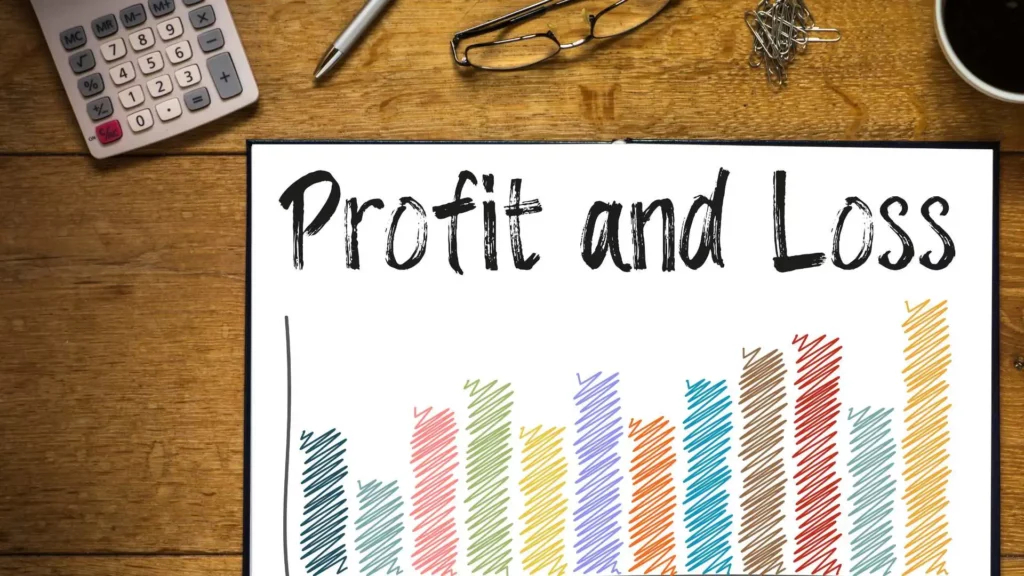If you are looking to invest in stocks, you probably know that you need to open a brokerage account to get started. Here’s everything you need to know about a brokerage account and how it works.
What is a brokerage account?
A brokerage account is an account in which investors deposit money with a brokerage firm to buy and sell stocks, bonds, and mutual funds. The broker invests money on behalf of the investor but the funds in the account are held by the investor. Brokerage accounts are taxable accounts, which means any returns on investments in a brokerage account are viewed as capital gains and are subject to taxation.
You may also like : How to Choose the Right Broker
How do brokerage accounts work?
Licensed brokerage firms offer investors the facility of opening a brokerage account to begin trading. While you own all the assets in the brokerage account, the brokerage firm acts as the facilitator for all the trades made. In exchange, the brokerage firm charges you a commission fee.
Types of brokerage accounts
Brokerage accounts vary based on the function they serve. As an investor, you have the choice of picking a brokerage account model that best serves your financial goal. Here is a look at the most common types of brokerage accounts:
Full-service brokerage account
A full-service account is one where you have a broker assigned to your account specifically. The broker is completely familiar with everything about you and your financial situation. You have the freedom of calling them or meeting up with them wherever you need to discuss your investments. As is the case with hyper personalized experiences, you pay higher fees in commission.
Cash brokerage account
A cash brokerage account requires you to make a cash deposit in your account before you begin trading. The brokerage firm does not extend a line of credit to make your investments.
Discount brokerage account
A discount account is a sort of DIY account that is best suited for investors who are just starting out. Investors pretty much manage the investments on their own and pay a significantly lower fee than other brokerage accounts.
Margin account
On the flip side of the cash brokerage account is the margin account. Margin accounts offer investors the option of borrowing money to invest. The money borrowed is treated similarly to a low-interest loan. Borrowing from a broker can increase your potential for earning higher returns but can also result in financial disaster if things go south. Margin accounts are better suited for experienced investors who are extremely familiar with how the stock market works.
Opening a brokerage account
To open a brokerage account you will have to choose a brokerage firm which is best suited for you. You then go on to select the type of brokerage account you want to open.
Similar to a checking account at a bank, a brokerage account requires you to fill out an application with personal information such as your name, address, and Social Security number.
After your application is approved by the firm, your account is activated and you will have to deposit money into it. Deposits can be made through checks, wire transfers, or transferring money from your checking account.
You are now ready to begin trading!
Find out what happens if you don’t file taxes on your Robinhood account
What kind of investments can you make with a brokerage account?
Here are some of the many financial products you can invest in when you hold a brokerage account:
- Mutual funds
- Real Estate Investment Trusts (REITs)
- Exchange Traded Funds (ETFs)
- Cryptocurrency
- Common stocks and preferred stock
- Corporate bonds
- Government securities
Things to keep in mind
- You can hold multiple brokerage accounts.
- A brokerage account is a taxable account and you cannot file for tax returns on your investment.
- There is no minimum investment tenure on brokerage accounts, which means you can make withdrawals whenever you want to.
- There is no limit on how much you can invest through your brokerage account.
- Make sure you choose a brokerage firm that can take care of your investment requirements.




















